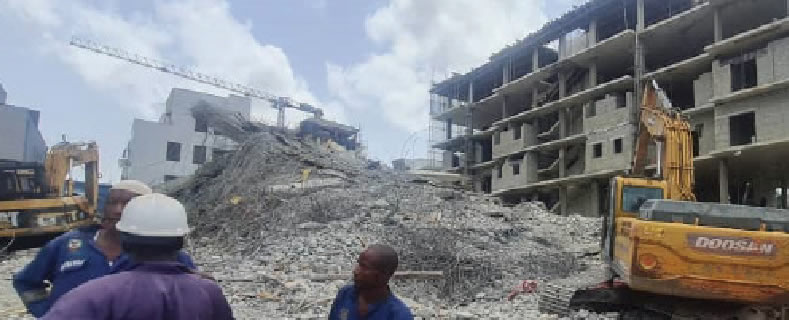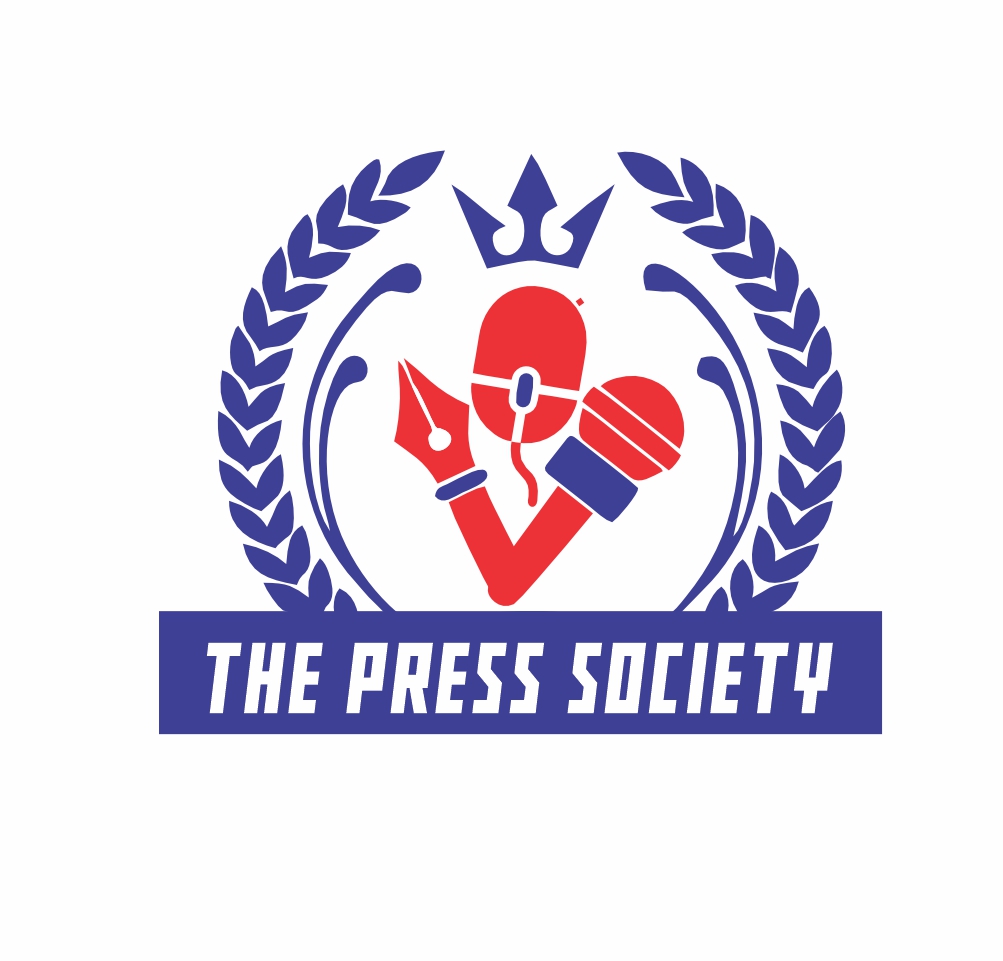 The Middle East has been plunged into unprecedented crisis as Israel and Iran engaged in direct military confrontation over the past 72 hours, marking a dangerous escalation in their long-running shadow war. Global leaders have urgently called for de-escalation amid fears the conflict could spiral into a wider regional war.
The Middle East has been plunged into unprecedented crisis as Israel and Iran engaged in direct military confrontation over the past 72 hours, marking a dangerous escalation in their long-running shadow war. Global leaders have urgently called for de-escalation amid fears the conflict could spiral into a wider regional war.
According to military sources, Israel launched precision airstrikes targeting multiple Iranian Revolutionary Guard Corps (IRGC) facilities near Isfahan, Natanz, and Tabriz in the early hours of Monday. Satellite imagery confirmed significant damage to ballistic missile storage sites, while Iranian state media reported at least 12 IRGC personnel killed, including a senior commander. Analysts suggested these strikes represented Israel’s most aggressive direct action against Iranian soil in decades.
 Iran responded with a major retaliatory attack late Sunday, firing dozens of ballistic missiles and drones at Israeli military positions in the Golan Heights and Negev Desert. The Israeli Defense Forces claimed their air defense systems, including the Iron Dome and Arrow-3, intercepted approximately 90% of the incoming projectiles. Minor damage was reported near a military airfield close to Tel Aviv, while residents across northern Israel remained in bomb shelters as warning sirens continued to sound.
Iran responded with a major retaliatory attack late Sunday, firing dozens of ballistic missiles and drones at Israeli military positions in the Golan Heights and Negev Desert. The Israeli Defense Forces claimed their air defense systems, including the Iron Dome and Arrow-3, intercepted approximately 90% of the incoming projectiles. Minor damage was reported near a military airfield close to Tel Aviv, while residents across northern Israel remained in bomb shelters as warning sirens continued to sound.
The conflict has rapidly drawn in regional proxies, with Hezbollah launching over 200 rockets from Lebanon into northern Israel and Yemen’s Houthi rebels attacking commercial shipping in the Red Sea. Security sources confirmed that Iraqi militias had also entered the fray, targeting US bases in Syria with armed drones.
International reaction has been swift and deeply concerned. The United Nations Security Council convened an emergency session, where Western nations condemned Iran’s aggression while Russia and China blamed US policies for regional instability. US President Trump reaffirmed America’s commitment to Israel’s security but emphasized the urgent need for de-escalation, as the Pentagon deployed additional warships to the Eastern Mediterranean.
The humanitarian consequences are already emerging, with reports of civilian casualties on both sides and major disruptions to regional air travel. Oil prices surged to $95 per barrel, the highest level since 2022, as markets reacted to potential threats to Middle Eastern supply routes. Airlines including Lufthansa and Emirates suspended flights to Tel Aviv and Tehran indefinitely.
Military analysts warn the situation remains extremely volatile, with Israel reportedly placing reservists on standby and Iran’s Supreme Leader preparing to address the nation this evening. Experts suggest the coming 24-48 hours will be critical in determining whether the conflict can be contained or whether the region will descend into full-scale war.
As global powers scramble to prevent further escalation, the international community watches with growing apprehension, aware that the stakes extend far beyond the immediate combatants to the stability of the entire Middle East and global energy markets.





